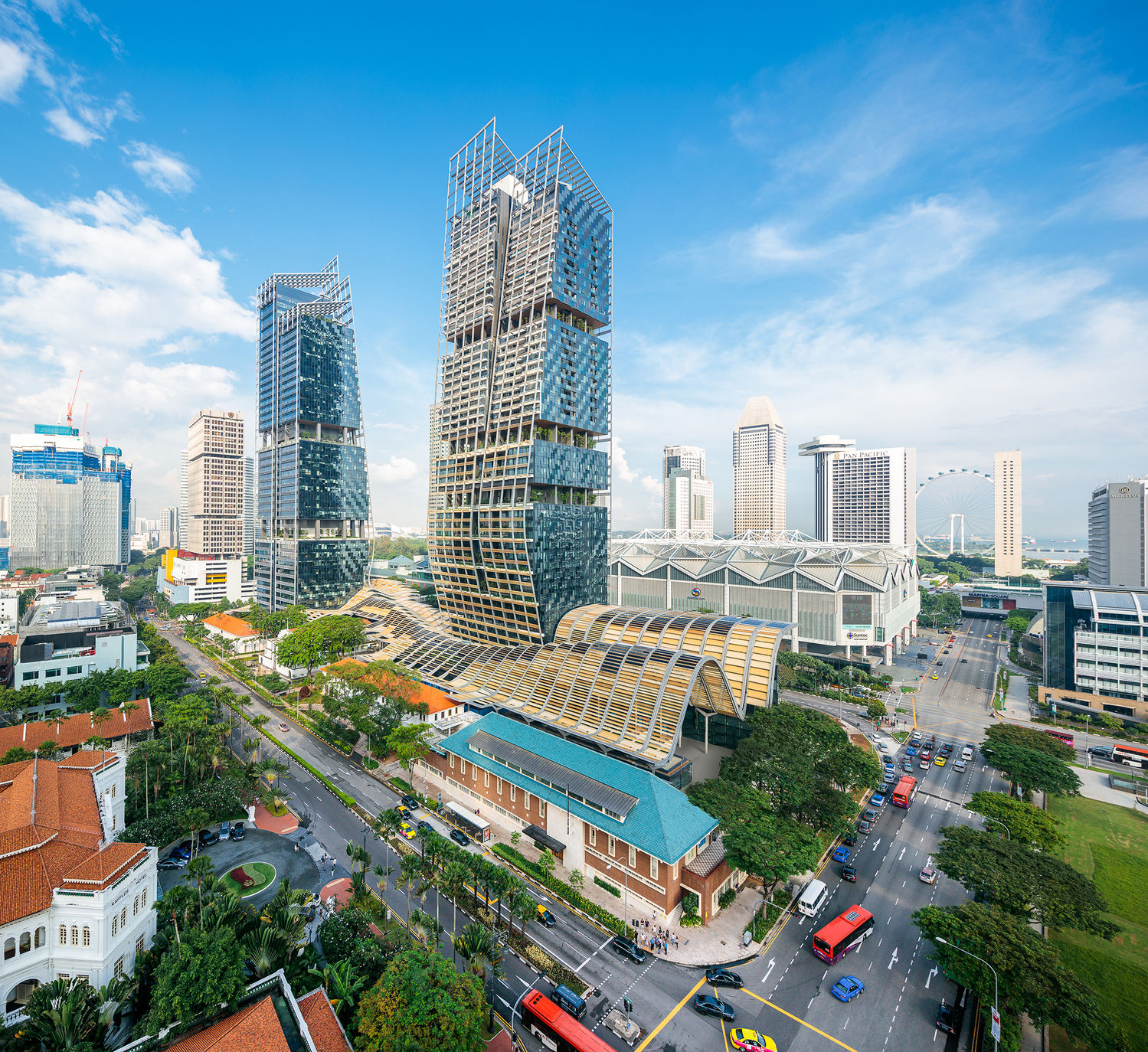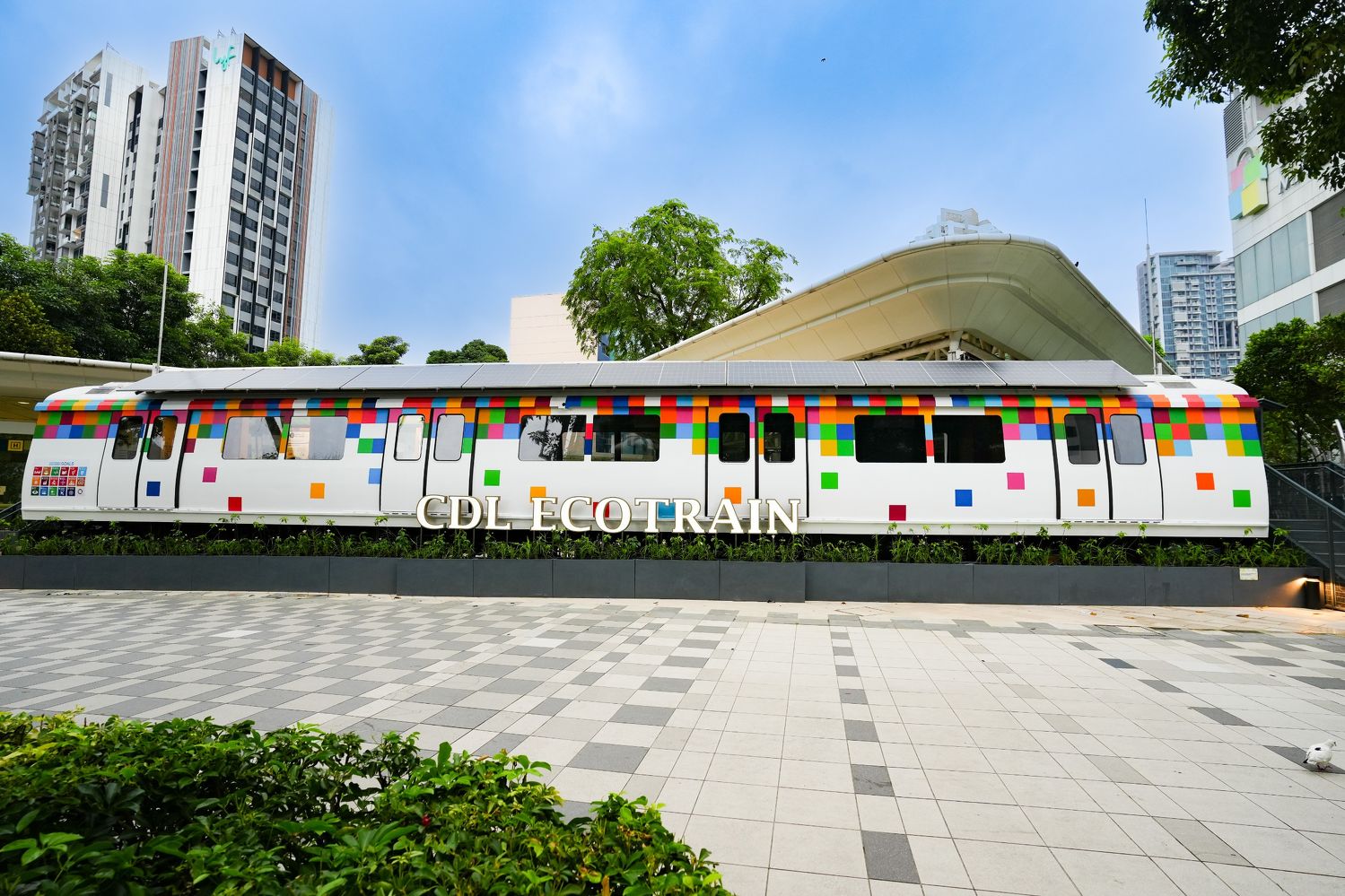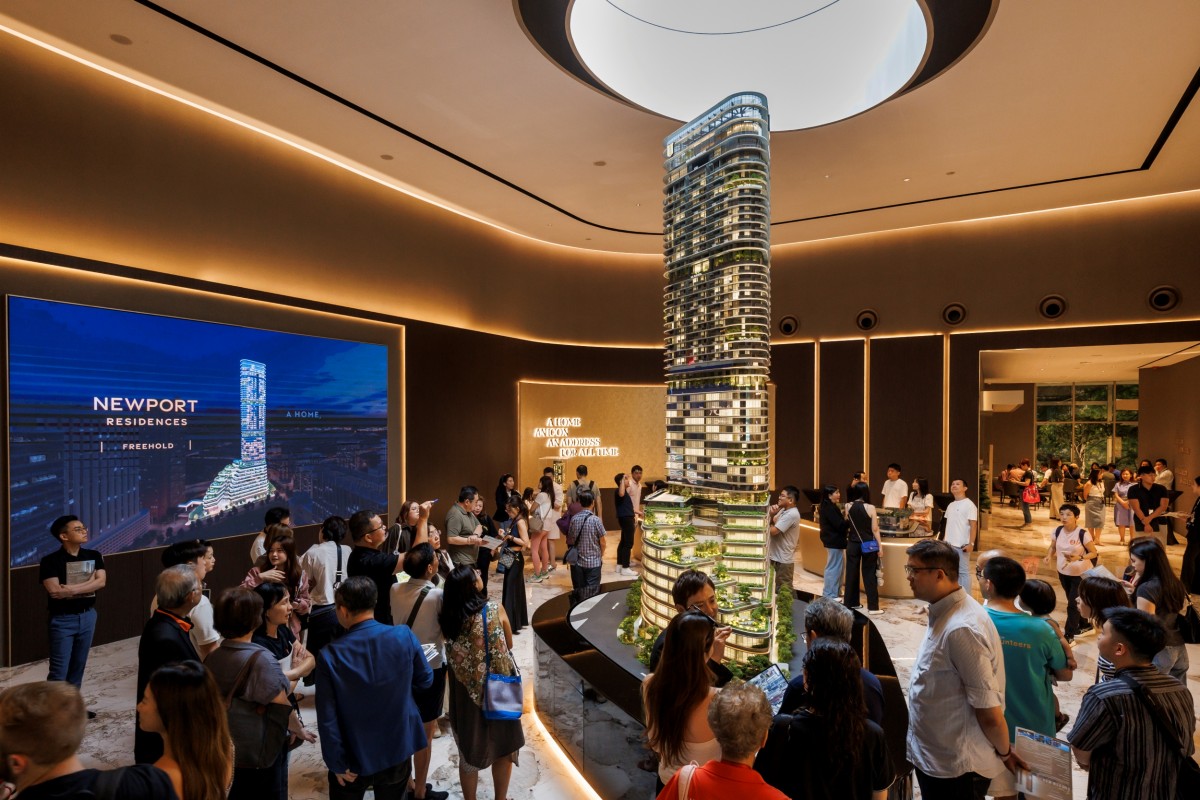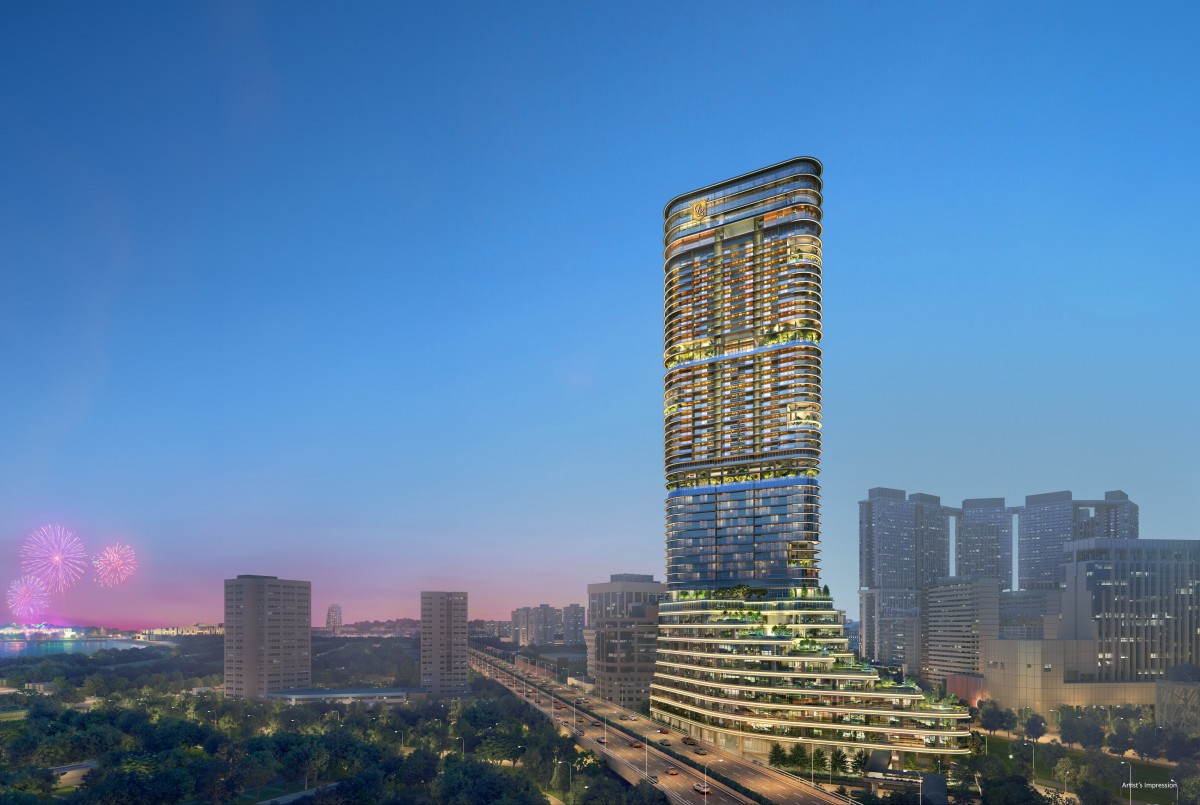See also: A rejuvenated Singapore market, a reset for The Edge Singapore
See also: From momentum to transformation: Building a relevant stock market
 CDL has divested over $1.5 billion worth of assets, including its 50.1% stake in South Beach, which nets the
CDL has divested over $1.5 billion worth of assets, including its 50.1% stake in South Beach, which nets thecompany a gain of $465 million “2024 has been a year of formidable headwinds, with macroeconomic pressures and sector-specific challenges weighing on the group’s near-term earnings and portfolio calibration plans,” says Kwek. “Despite all this, the group remains resilient, exercising financial prudence while maintaining flexibility, with the aim of maximising shareholder value. Focused on our GET strategy as our roadmap, our key priorities include strengthening our financial position by accelerating capital recycling, unlocking portfolio value through strategic initiatives, pursuing attractive acquisitions in a disciplined manner and future-proofing our business.” CDL’s financials show a 3.9% y-o-y growth in patmi for 1HFY2025. However, the group was adversely affected by unrealised net foreign exchange losses of $63.1 million during the period. Excluding these exchange effects, the group’s patmi would have jumped 322.7% y-o-y to $154.3 million in 1HFY2025. Over the medium term, CDL intends to reduce net gearing, including fair value gains, from 70% to between the high 50s to low 60s. “Despite some instability in the earlier part of the year due to internal issues, the ensuing period has been marked by stabilisation, renewed alignment and disciplined execution,” says Kwek. “Looking ahead, while the operating environment remains fluid, the easing of interest rates offers further upside as we continue to pursue our capital recycling and fund management initiatives.”
30 years of sustainability
Under the leadership of its late deputy chairman Kwek Leng Joo, who spearheaded CDL’s sustainability strategy since 1995, CDL has made strides in its sustainability efforts over the years. 2025 marks the eighteenth year since chief sustainability officer Esther An and her team launched CDL’s first sustainability report, which was also the first by a Singapore-listed company. Once an appendix to the annual report, it has become a focus in its own right, with the sustainability board statement being a key chapter in the company’s annual report today. CDL’s Integrated Sustainability Report 2025, released in April, builds on last year’s focus on nature and biodiversity. CDL is one of only nine Singapore companies that have pledged to disclose their material nature-related issues to stakeholders in line with the Taskforce on Nature-related Financial Disclosures’ (TNFD) recommendations. In fact, CDL was the first company in Singapore to publish TNFD-aligned disclosures with its previous sustainability report, released in March 2024. Starting from business operations that are wholly owned and directly managed by CDL’s headquarters in Singapore, CDL has expanded its TNFD disclosures this year to include its wholly and majority-owned hotels under its operational control in New Zealand. CDL is not only an early adopter of the TNFD recommendations, but sustainability chief An sits on the 40-strong global Taskforce itself as the only Singaporean representative. “Guided by our ethos of ‘Conserving as We Construct’, CDL has consistently integrated environmental stewardship, social well-being and economic prosperity into our operations,” says An. “We continue to innovate by ‘cooling by greening’ and collaborate with our ecosystem of partners to step up on nature-based solutions and TNFD reporting. This milestone underscores our dedication to creating sustainable spaces that respect nature [and] advance communities, and ensures a resilient future for all.” In line with its net-zero commitments, CDL has reduced its Scope 1 and 2 operational carbon emissions for assets under direct management and operational control by 25% from 2016 levels. It also achieved a 38% reduction in Scope 3 embodied carbon in new developments compared with a 2016 baseline. The group also recorded a 52.1% reduction in Scope 3 investment intensity, reflecting CDL’s commitment to achieving its Science Based Targets initiative (SBTi)-validated targets to reduce Scope 1 and 2 carbon emissions intensity by 63% and reduce Scope 3 GHG emissions intensity from purchased goods and services by 41% and from investments by 58.8% by 2030, from a baseline year of 2016. To further advance its climate action strategy, CDL completed an Internal Carbon Pricing pilot study on Republic Plaza, its flagship Grade-A office building in Singapore, laying the foundation for future implementations of carbon pricing mechanisms across its portfolio. CDL continues to advance nature and biodiversity conservation through the launch of two key initiatives in March: the CDL EcoTrain and CDL MicroForest — both located at City Square Mall. “These initiatives align with CDL’s TNFD adoption and reinforce its commitment to enhancing urban biodiversity and climate resilience while nurturing future eco-champions and promoting sustainable living,” says An. A decommissioned SMRT train cabin has been repurposed into a zero-energy CDL EcoTrain. The cabin is designed with colours and messages inspired by the 17 United Nations Sustainable Development Goals
A decommissioned SMRT train cabin has been repurposed into a zero-energy CDL EcoTrain. The cabin is designed with colours and messages inspired by the 17 United Nations Sustainable Development Goals









 CREDIT CITY DEVELOPMENTS LIMITED.jpg)
